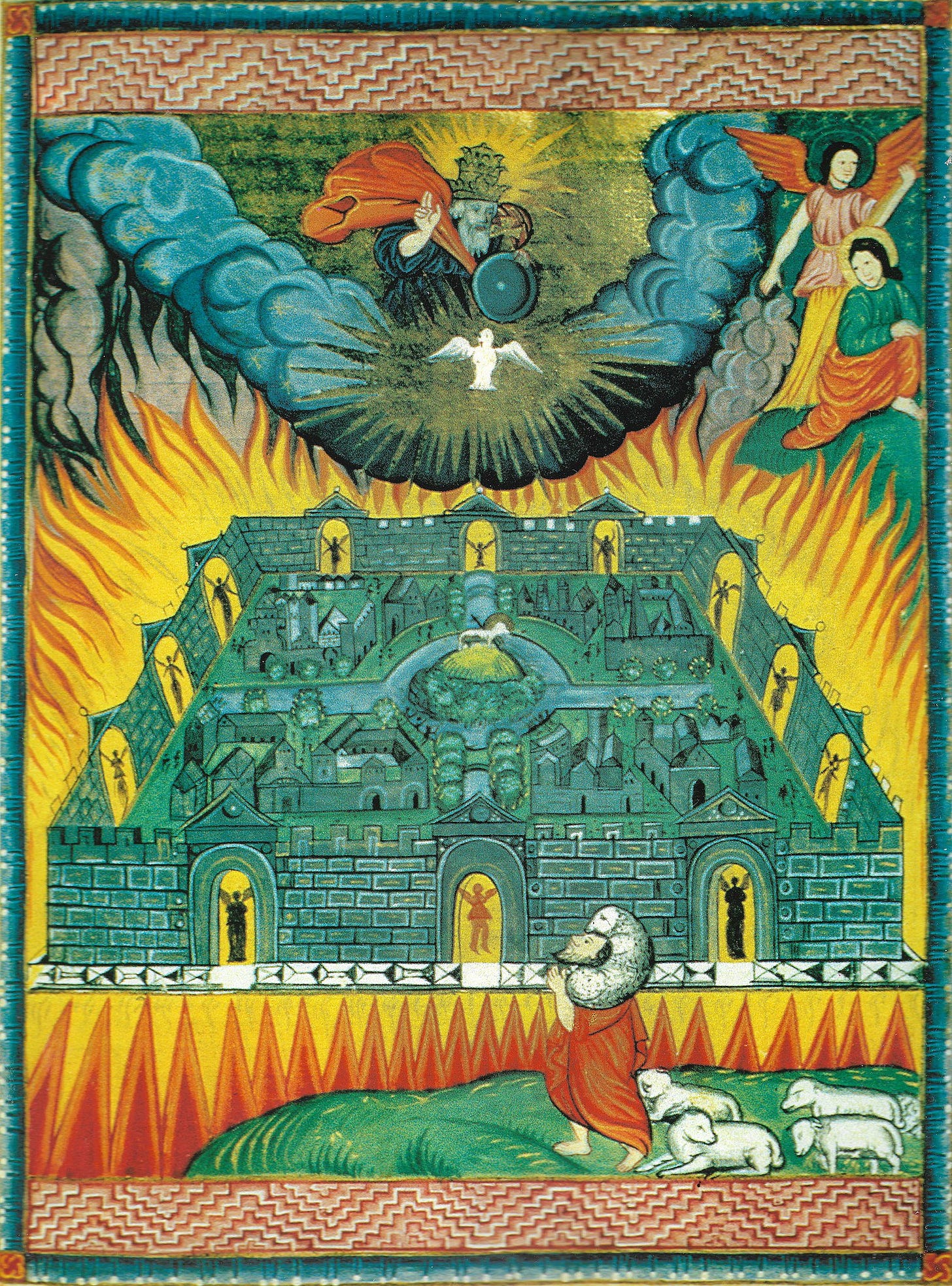The realization that God's will [is] for the salvation of all men….compels the theologian to try and explain how everything, even the least personal and apparently senseless and insignificant things, can be the expression of this will.1 -Ladislaus Boros
Not all theologians see their task in the same way that the Jesuit Ladislaus Boros did. But the impulse behind his words gladdens my heart. The question he makes operative is not, will all persons be saved? That question may be of great interest, but it is also an invitation to contention and controversy (and not a few anathemas in the history of Christianity). The question he asks, on the other hand, is an invitation to a kind of theology that is also a species of worship.
***
The philosopher Thomas Nagel makes a point too often lost in our secular post-Enlightenment world. “There must be some truths that don’t have to be grounded in anything else.” He says this not as a man of faith (for he is not), but as a philosopher who recognizes what every parent at some point is forced to concede to the persistent child asking “why?”: some things are true because they are true.
This principle has particular relevance to the work of theology—or more broadly, for any conversation we may pursue about God. We have to begin with some proposition that is beyond debate, some claim that we can agree upon as a basis for anything further we want to discover about God. For Boros, any conversation about God must begin with the assumption that any God worthy of worship would desire to dispense his gifts as widely as possible. We are then tasked with the challenge of making whatever sense we make of the world—and of God’s dealings with that world—in light of that God, possessed of that love, desiring to bestow that salvation upon as many as possible.
This is one of the reasons behind my fondness for Boros, and for a growing chorus of theologians who have been revisiting the implications of that simple pronouncement, “God is love.” The gigantic disproportion between the tens of billions who have lived on this plane and those who have even heard of Christ is a problem for anyone professing belief in the God described by John. The problem has been addressed in various ways in the history of Christian thought, yet it refuses to go away. God’s inscrutable will, inherited guilt, a favored “elect”—these and other theological solutions have come and gone (and still abide in various quarters). The contemporary dissatisfaction with the theological status quo is one of the brightest stars I see on the theological horizon. Because we should be perpetually ill at ease with the insufficiency of our attempts—personally and as a body of Christ—to address the entire span of human suffering in the world; and one species of suffering is that which is felt when the God we inherit or profess has a heart too small and arms too short to extend his bounties to all peoples and times.
Boros proposes an innovative solution in which death is understood as a moment of “final decision,” when every person who has ever lived, freed from the constraints and contingencies of their mortal circumstances, is truly free to choose God:
“In death man is brought face to face with everything he can possibly aspire to in the depths of his longing, everything he can possibly guess at in all his acts of knowing, everything he can possibly blindly strive for in all his acts of volition, everything, fundamentally, he can possibly embrace in his love….At this metaphysical center he is to make his final decision.”
That is not exactly my picture of how death and agency are extended to all men and women, but it is one Catholic thinker’s attempt to explain how salvation in Christ might be interpreted as an option extended to all who live and die, exercising a choice in death that was not available to them in life. And it deserves our admiration for a theological mind at work on the greatest challenge of religion: how to make God’s gifts universally available.
Another Catholic theologian, Karl Rahner, has developed a controversial theory of “the anonymous Christian,” asserting that one may make an implicit choice for Christ, without conscious knowledge of him or his gospel. Protestants like Rob Bell and Orthodox theologians like David Bentley Hart have made their own contributions to the conversation, eliciting both appreciation and charges of heresy. As is so often the case, these modern reconsiderations are in fact a return to ideas that never gained enough momentum to survive in earlier ages: Augustine and Aquinas alike articulated a concept of “invisible sanctification,” an acknowledgement that God’s healing work is not always visible to human perception.
Latter-day Saints of course have a theology and temple practices that are the Restoration’s way to make both the message and the effects of Christ’s atoning love universally accessible. Still, we may find in these kindred endeavors a shared motivation that unites us as striving disciples: the conviction that the God of love, as Joseph Smith taught, will find a way to “ferret out every soul that can be saved.”
To receive each new Terryl Givens column by email, first subscribe and then click here and select "Wrestling with Angels."





